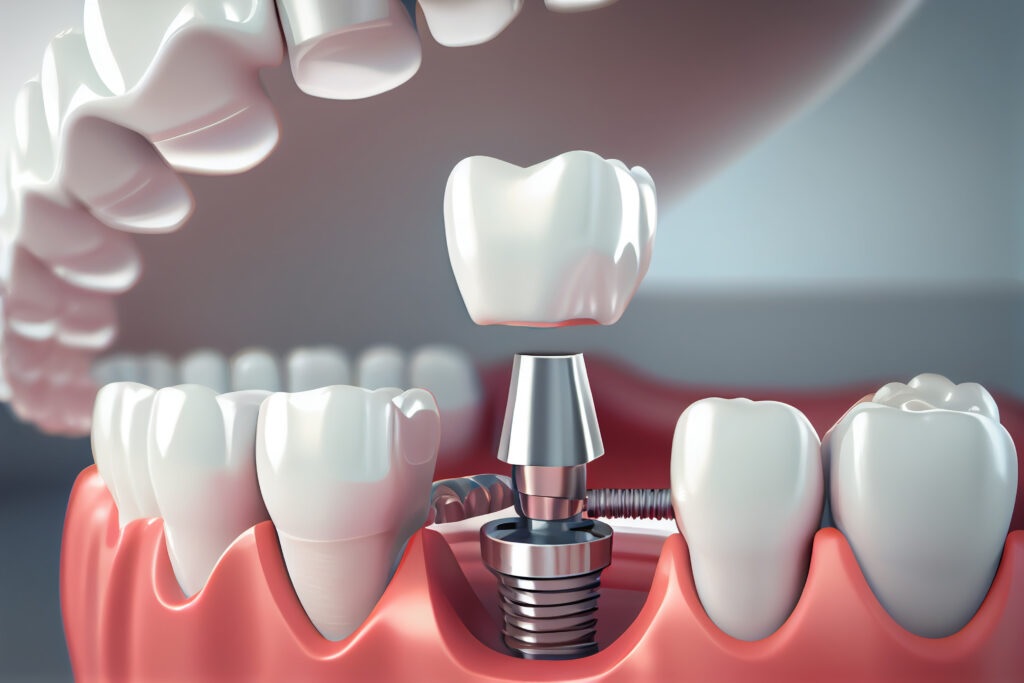When to Seek Emergency Dental Care
Dental emergencies can happen unexpectedly, and knowing when to seek immediate care can prevent further complications. Some common dental emergencies include severe toothaches, broken or knocked-out teeth, and injuries to the soft tissues of the mouth. If you experience sudden, intense pain that doesn’t subside with over-the-counter pain relief, it's important to see a dentist right away, as this could be a sign of infection or nerve damage.
A knocked-out tooth is another dental emergency that requires immediate attention. If the tooth is still intact, try to place it back in the socket and hold it in place until you reach the dentist. If that’s not possible, store the tooth in a container of milk or saline solution to preserve it. Seeking prompt care within 30 minutes can increase the chances of saving the tooth.
Broken teeth, especially those with exposed nerves, can cause significant pain and should be treated as soon as possible. If the tooth is chipped or fractured but not painful, it’s still important to see a dentist to prevent further damage. Soft tissue injuries, such as cuts to the gums, tongue, or cheeks, may require stitches or other treatments to control bleeding and prevent infection.
In any dental emergency, time is of the essence. Delaying treatment can result in more severe complications, such as abscesses, infections, or permanent tooth loss. If you’re unsure whether your situation qualifies as an emergency, it’s always best to contact your dentist for guidance.




